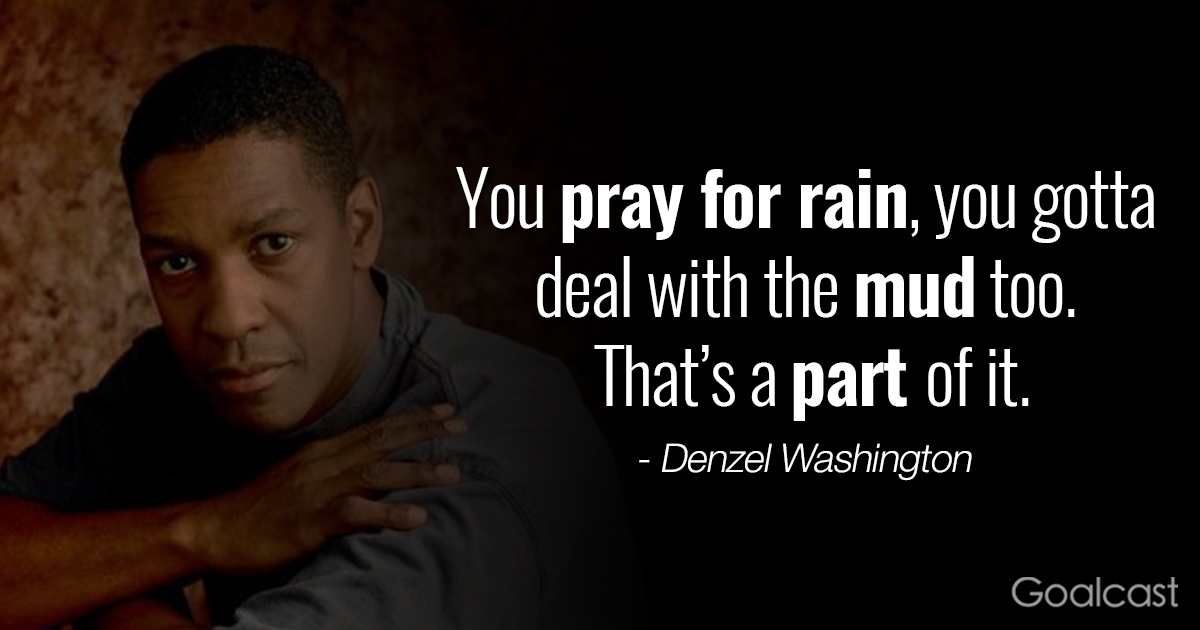I am writing just after Jews around the world have celebrated their New Year, always a time for reflection. To paraphrase a recent demand of me from a client:
You are my business coach and mentor. How will you ensure that I succeed next year? Challenging!
When I probed for a definition of success, the response was fairly grey. And this probably highlights the reason why that particular organisation is struggling for now. Little internal direction. No specific view of what the future should hold.
I am a firm believer of 3 yardsticks. This is usually a combination of:
- a financial target
- a focus on the number of new clients sought
- and possibly the most important – a definition of the type of clientele you want to bring in.
It is this last element that has seen two of my clients change direction and find the courage to reach for some very heavy duty new customers.
So how do business mentors describe success? They cannot brag that their business has grown. That is of small use to a potential client who is understandably only interested in themselves and their own issues. After all, a mentor is often perceived as somebody who sits back, listens wisely, and then moves on without much fuss.
In my case, it is not the words that I use. Nor is it the methodology that I apply. Looking back on 12 months, I can relate to a vast array of different case studies, where the client has reached the ‘finishing line’. For example:
- I have created international packages, involving separately Hong Kong, Greece, USA and India.
- Despite Covid-19, I have seen shops open premises in Jerusalem and nearby.
- I have created strategies for innovative entrepreneurs, ensuring that they introduce their tech to investors with sound business models.
- I have lent support and drive to numerous new immigrants and members of the ultra-orthodox communities, as thy have opened new companies.
If I had to pick my favourite, I will refer to a young lady, not yet 20 years old, from a minority community. She came to me with an idea and quickly absorbed the principles about pricing, importing, selling techniques, contracts and more. When turned down for a loan due to age and inexperience, we created alternatives.
The company was established two weeks ago. The first clients are lined up. They are expected to generate a high enough profit margin to pay of much of the founder’s investment.
As a closing thought, it is definitely important to measure your success. However, make sure that you can own and feel that difference. And thus when it comes to moving ahead, you will be better able to describe those very achievements to your target audience ……. in order to kick off the next round of sales.


